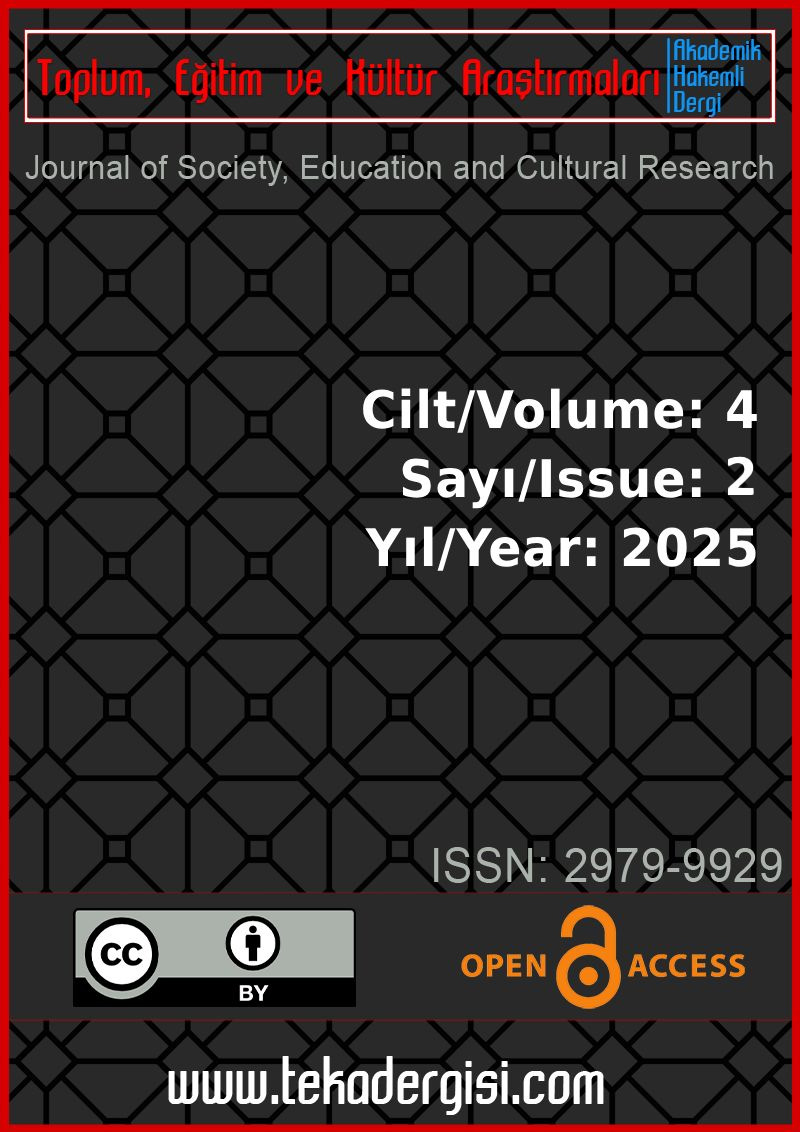The Role and Effects of Artificial Intelligence in School Administrators’ Decision-Making Processes
DOI:
https://doi.org/10.5281/zenodo.17127897Keywords:
School Administrators , Decision-Making Processes , Artificial Intelligence , Educational AdministrationAbstract
With the increasing digitalization in educational administration, the integration of Artificial Intelligence (AI) based tools into decision-support processes has gained importance. However, the lack of data regarding the use of AI in managerial decision-making remains a critical gap. In this context, the present study was conducted with 18 school administrators working in public and private schools affiliated with the Ministry of National Education in İstanbul. In order to deeply explore school administrators’ experiences with and interpretations of AI technologies, the study employed a phenomenological research design, one of the qualitative research approaches. Data were collected through semi-structured interviews, and the study group was formed using a combination of snowball sampling-expanded upon participants’ recommendations-and maximum variation sampling. Diversity in participants’ gender, age, years of service, and professional positions was ensured. The collected data were analyzed using thematic analysis. The findings revealed that school administrators primarily used AI technologies in three decision-making areas: student monitoring and performance analysis, acceleration of operational processes, and support for strategic planning. In these domains, AI provided administrators with significant contributions by saving time and offering data-driven insights in decision-making. Administrators emphasized that AI played a supportive role in their decision processes, particularly by providing systematic advantages in analyzing complex data. Nevertheless, system inadequacies, deficiencies in technical infrastructure, and concerns regarding data security were identified as major factors limiting AI use. Furthermore, the lack of emotional assessment and contextual interpretation capacities in AI systems was highlighted by administrators as a significant limitation. Participants also reported that insufficient professional competence, lack of technical training and guidance, as well as individual factors such as resistance related to age and technological habits, hindered the effective use of AI technologies. Overall, the study sheds light on school administrators’ attitudes, experiences, and challenges regarding AI-based decision-making mechanisms, thereby aiming to fill an important gap in the literature. It also seeks to contribute to the development of managerial competencies required in the digital age and to provide policy and practice recommendations for the more effective and ethical use of AI applications.
Downloads
Published
How to Cite
Issue
Section
License
Copyright (c) 2025 Toplum, Eğitim ve Kültür Araştırmaları Dergisi

This work is licensed under a Creative Commons Attribution 4.0 International License.


